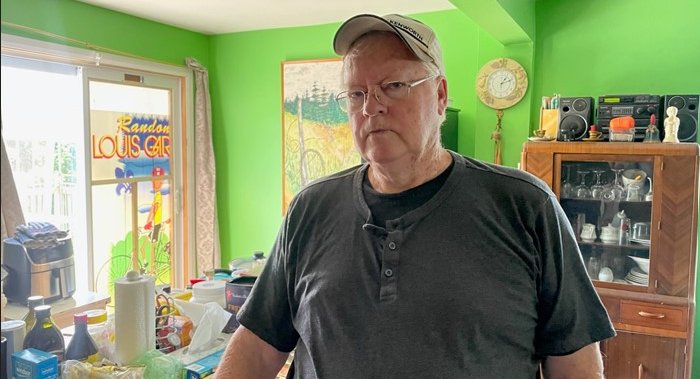In the hushed communities of Quebec’s Eastern Townships, the jarring sound of tactical police vehicles has shattered a generations-old tranquility. Last weekend’s anti-terrorism raids by the RCMP stunned residents as authorities arrested three individuals allegedly plotting violent attacks against Canadian infrastructure and government facilities.
“We never thought something like this could happen here,” said Marie Tremblay, who has lived in the area for over 30 years. “These are small towns where everyone knows each other. Or at least we thought we did.”
The arrests targeted Olivier Mathieu, 30, Alexandre Paradis, 29, and Samuel Raymond, 28, who now face serious terrorism-related charges including conspiracy to use explosives with intent to cause death or serious bodily harm. Court documents reveal disturbing allegations that the trio had established a militia group with intentions to destabilize government operations through coordinated attacks.
What makes these arrests particularly unsettling is the suspects’ deep community connections. Paradis, whose father serves as a local municipal councilor, grew up in the region and was known to neighbors as “just a regular guy.” Similarly, Mathieu and Raymond had established themselves as fixtures in these close-knit communities, making their alleged extremist activities all the more shocking to those who thought they knew them.
“My son is not a terrorist,” insisted Jean Paradis, father of Alexandre, speaking briefly to reporters outside his home. “There’s been a terrible misunderstanding.”
The RCMP’s Integrated National Security Enforcement Team conducted months of surveillance before executing the raids, which reportedly uncovered alarming evidence including weapons, explosive materials, and detailed plans targeting critical infrastructure. Sources close to the investigation indicate the group may have been motivated by anti-government sentiments and extreme ideologies that had gone undetected by those closest to them.
Security experts note a troubling trend in domestic terrorism cases across Canada where individuals without previous criminal histories become radicalized through online channels, often developing extremist views in virtual echo chambers that reinforce increasingly dangerous ideas.
“What we’re seeing now represents a significant challenge for security agencies,” explained Dr. Martin Cohen, a terrorism analyst at the University of Montreal. “These aren’t individuals coming from abroad with terrorist connections – they’re neighbors, coworkers, and community members who develop extremist viewpoints while maintaining normal public personas.”
The arrests have prompted increased security measures at government buildings across Quebec, with provincial authorities coordinating with federal agencies to assess potential threats. Premier François Legault addressed the situation during a news conference, emphasizing that while the threat appears to have been neutralized, vigilance remains essential.
“We must balance our open society with appropriate security measures,” Legault stated. “These arrests demonstrate both the seriousness of domestic terrorism threats and the effectiveness of our security apparatus in identifying and preventing potential attacks.”
For residents of the affected communities, the aftermath has brought uncomfortable questions about what might have happened had authorities not intervened. Local businesses report a noticeable decrease in foot traffic as residents process the unsettling reality that alleged terrorist activities were being planned in their midst.
The three suspects remain in custody following court appearances where they were denied bail due to the severity of the charges and perceived ongoing risk to public safety. Their cases represent one of the most significant domestic terrorism investigations in Quebec in recent years, highlighting evolving security challenges facing Canadian authorities.
As communities struggle to reconcile the quiet neighbors they thought they knew with the alarming allegations now before the courts, a fundamental question lingers: In an era where extremist ideologies can take root virtually anywhere, how can we better identify and address radicalization before it manifests in planned violence?

























